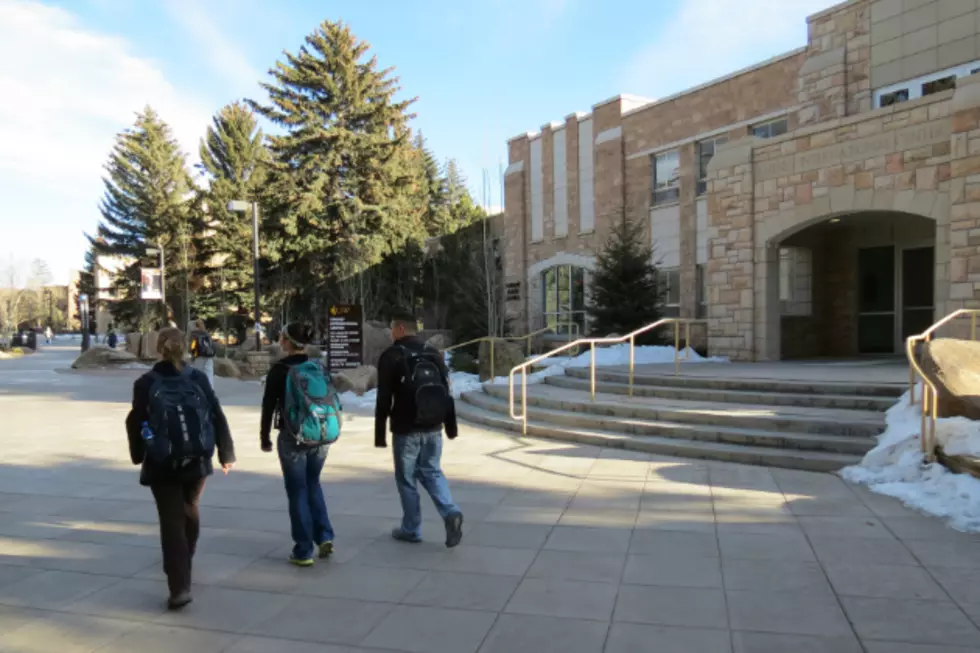
UW Trustees Consider Tuition Changes to Increase Enrollment, Retention
The University of Wyoming may soon be changing the way it attracts and retains students, if it takes the recommendations of a recent capacity study presented to the Board of Trustees during their meeting Thursday.
The university received the full report of the capacity study from the Huron Consulting Group and made several recommendations on how the university can draw students – particularly out of state students – and increase retention of those students.
Rose Martinelli, senior director at Huron Consulting Group, told the trustees during the meeting that if they want to increase the number of students on campus, they needed to make a number of adjustments, such as lowering tuition for out of state students, lowering the cost of online courses and considering moving to block tuition.
Martinelli said one of the most important ways to increase student enrollment was to focus on students from Colorado and Nebraska. To do this, Martinelli told the trustees that they should lower their out-of-state tuition from the current $15,500 to $10,000.
She said in a prospective student survey of 1,200 nonresident students in Colorado and Nebraska, 80 percent of potential students felt that going to an out of state university would be well beyond their financial means.
“You aren’t going to get many more students from Wyoming,” Martinelli said.
Martinelli said that the university could also grow by focusing resources on nonregular students, such as transfer students, graduate and online students. Martinelli said reducing online costs would encourage prospective students to enroll. She said the university’s cost per credit for online classes for non-resident students was twice as much as UW’s peer institutions.
“Don’t just use dollars to bring in students,” she said. “Use it to graduate students, too.”
Block tuition is another change that Huron Consulting Group is suggesting the university should implement. Martinelli said students who have a harder time graduating in four years are more likely to withdraw from classes. Instituting block tuition, where students pay a set amount for 12-18 courses, would help them graduate faster. That way, students can take more courses, allowing them to experiment with courses and also to graduate more quickly, as they will not have to pay more for each credit hour.
It would also allow the university to make more predictable revenue projections and students and their families to plan how much college will cost.
Martinelli said there was enough housing on campus to accommodate reasonable growth and that the housing available was not a serious impediment.
“There is room for more students, but is there demand?” She said.
Martinelli said if UW follows the recommendations, given the costs, capacity and market demands, the university could expect to bring in 1,200 to 1,300 additional students.
More From K2 Radio









